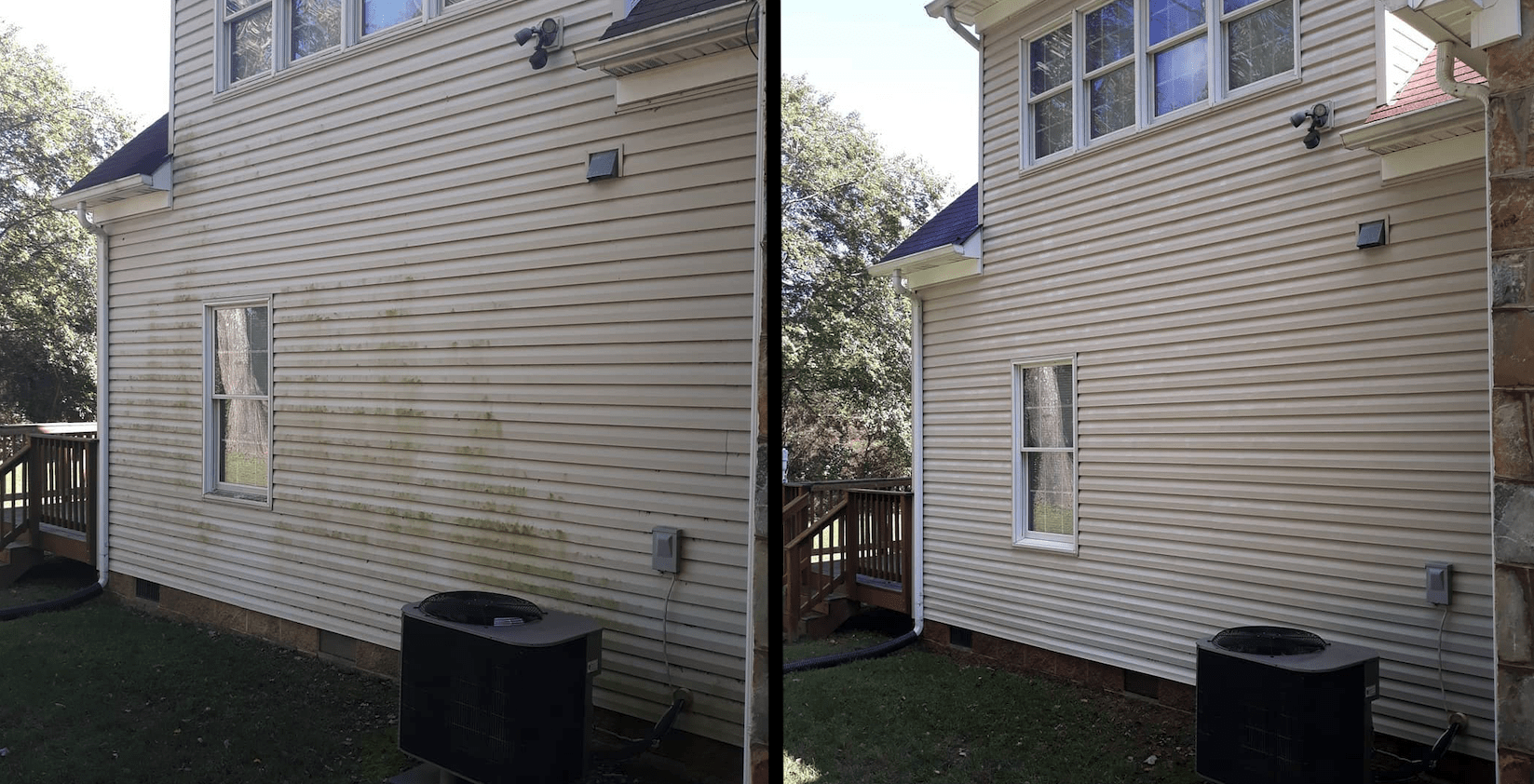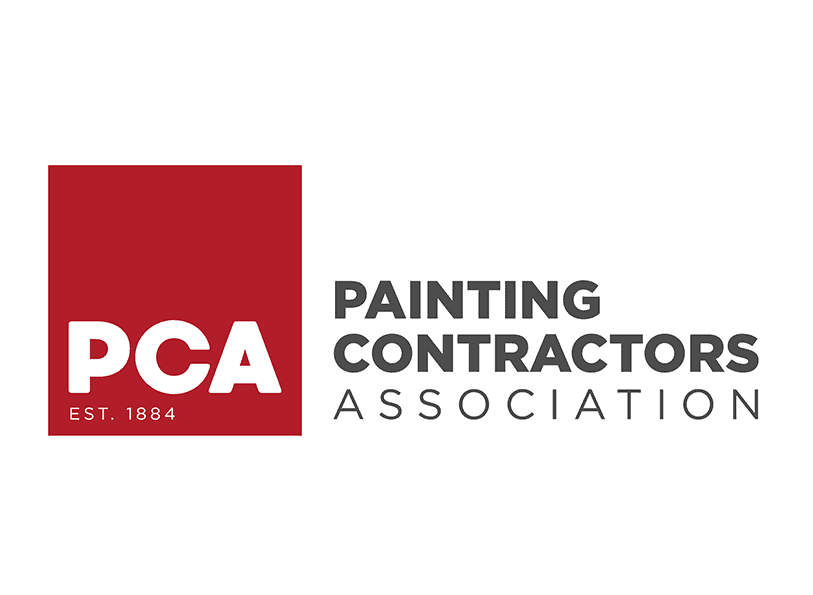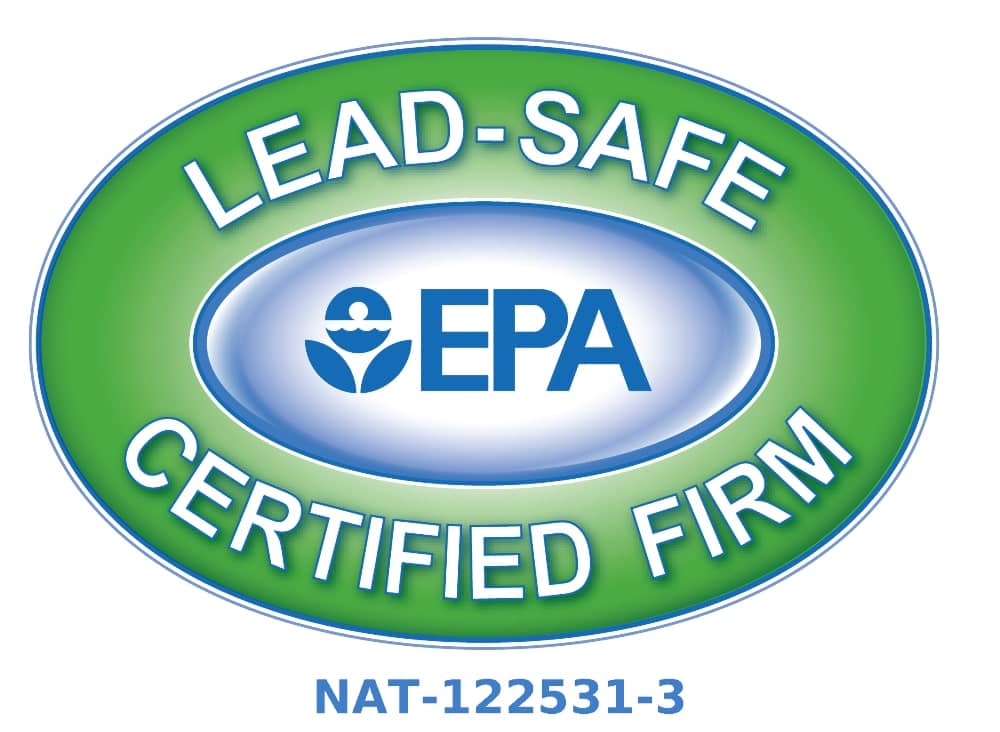
29 May Pressure, Power or Soft Washing?
You don’t have to hand wash or scrub your outdoor surfaces. That’s why pressure washers were invented! The results of professional exterior washing can be dramatic and can help extend the life of a surface. But should you pressure, power, or soft wash? And should you do it yourself or hire a pro? Read on for our answers.
Power Washing:
Power washing blasts water at high pressure but only uses hot water. There are several reasons to use hot water:
- Hot water can sanitize surfaces.
- It can breakdown organic matter on a surface.
Power washing machines are typically heavy-duty washers used mainly by correctly trained professionals. Power washers are ideal for outdoor cleaning on surfaces such as stone and concrete driveways. It should be used on select surfaces, or you risk damage.
Pressure Washing:
Pressure washing is a versatile cleaning method for a variety of surfaces. This type of washer does not use hot water but still emits water at high-pressure levels. While it could be used as a DIY, only trained professionals should handle a pressure washer for safe and better results. Depending on the pressure, it can cause severe physical injury to someone or damage to a surface.
Pressure washing is ideal for wood decks, stone or concrete pathways, and outdoor furniture.
Soft Washing:
Soft washing is more of a type of “washing” rather than a kind of machine. Pressure washers are used for soft washing, but they’re set to a lower pressure or PSI. Soft washing is better for delicate or more sensitive surfaces or for rinsing or pre-soaping. A specific tip that widens the spray is used, which helps lower the pressure point.
Soft washing is good for surfaces, such as wood or vinyl surfaces, stucco, outdoor wood furniture, and screens.
If you would like us to power, pressure, or soft wash at your home or office, please call us to schedule an appointment. We have almost two decades of experience with clients across Northern Virginia.
FAQ
1. What is the difference between pressure washing, power washing, and soft washing?
Pressure washing and power washing both use high-pressure water to clean surfaces, with power washing sometimes involving heated water. These methods are ideal for removing tough dirt, mold, and peeling paint from durable surfaces like concrete, brick, and some types of siding. Soft washing uses much lower pressure combined with specialized cleaning solutions, making it safer for delicate surfaces such as wood, vinyl, or older siding.
2. Which method is best for preparing my house before painting?
Pressure or power washing is generally the preferred method for prepping surfaces before painting, as it effectively removes dirt, mildew, and loose paint, ensuring the new paint adheres properly and lasts longer. However, for homes with delicate or older siding, soft washing or even hand washing may be recommended to avoid damage. Always allow the surface to dry completely—typically 24 to 48 hours—before painting.
3. Can pressure washing damage my home’s exterior?
Yes, using too much pressure or the wrong technique can strip away paint, damage wood, and even force water into the walls, leading to costly repairs. It’s important to match the pressure level and nozzle type to the specific material being cleaned. For delicate surfaces or if you’re unsure, hiring professionals is the safest option.
4. When should I choose soft washing over pressure washing?
Soft washing is best for cleaning surfaces that could be damaged by high pressure, such as older wood, painted surfaces not intended for repainting, roofs, and certain types of siding like vinyl or stucco. It’s also ideal for removing organic growth like algae and mildew without risking surface damage.
5. How often should I have my home’s exterior washed?
For most homes, washing the exterior once a year—ideally in spring or fall—helps maintain curb appeal and prolongs the life of your paint and siding. If your home is surrounded by trees, exposed to heavy pollution, or in a humid climate, more frequent cleaning may be needed. Regular maintenance prevents buildup and reduces the risk of long-term damage.

Mike Katounas is the owner of Home Works Painting, a painting business in Northern Virginia. He has over 15 years of experience in residential interior and exterior painting, drywall installation/repair, carpentry, wallpaper removal, power washing, commercial painting, color consultation, and staining/sealing. Their service areas include Chantilly, Fairfax, Herndon, Oakton, Reston. Mike takes pride in his work, and he always follows a strict code of conduct that includes the use of quality paint, a clean workspace, and an honest, respectful approach to his customers.












Sorry, the comment form is closed at this time.